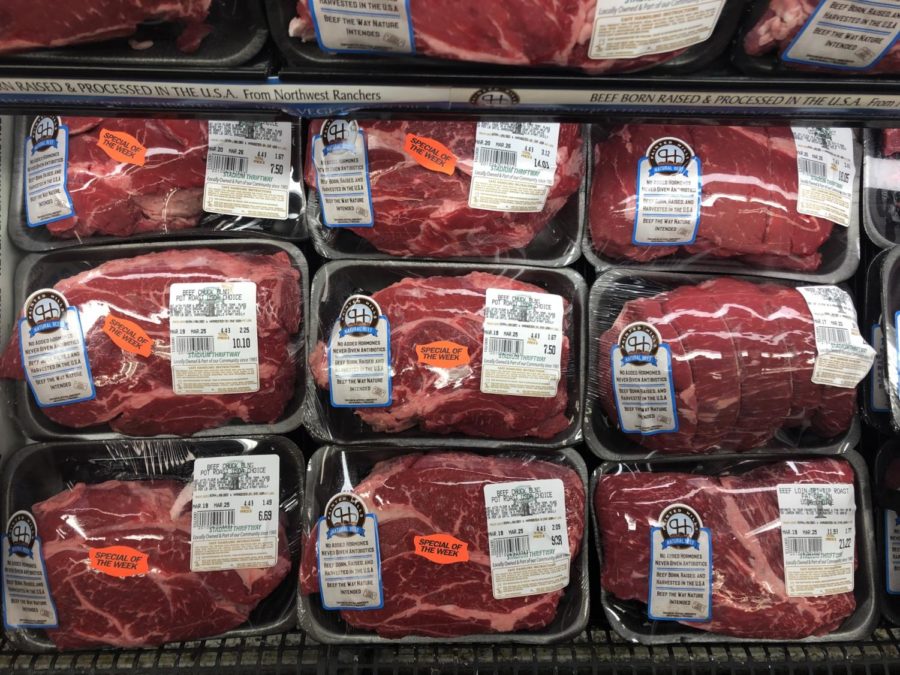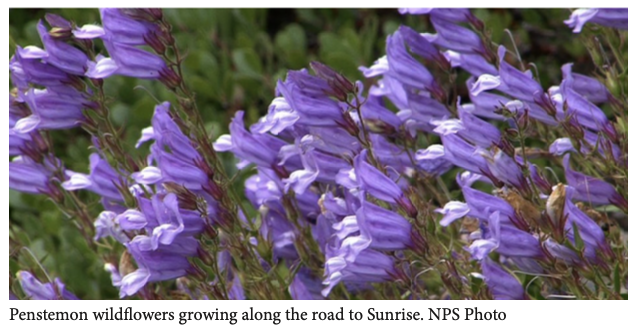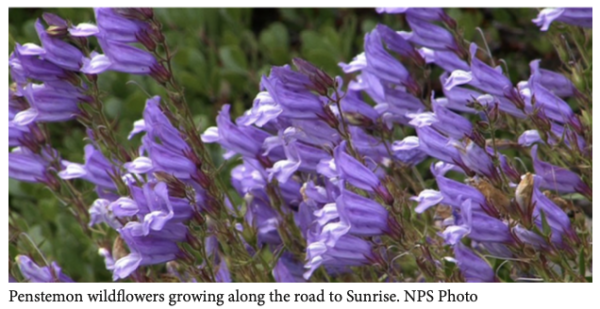Annie Wright on USDA watch list
March 22, 2019
Last week Annie Wright Schools was visited by federal agent Owen Shiozaki in regards to importation of food and agricultural products into the United States. According to Finance and Operations Assistant Director Melanie Aamidor, who spoke with Shiozaki, the school has been placed on a watch list by the United States Department of Agriculture for importing foreign agricultural products through personal packages.
Annie Wright has received four packages in the last six months containing illegal agricultural products. When the USDA receives or confiscates four or more packages containing illegal goods sent to the same recipient, in this case Annie Wright’s address, they are placed on a red flag list. According to the pamphlet left by the agent, the USDA restricts some items as “many food and agricultural products from other countries … could carry harmful invasive plant pests or animal diseases into the United States.”
While it wasn’t explicitly said, as the names of recipients weren’t revealed by Shiozaki, it is almost certain that recipients are international boarding students. According to Aamidor, Shiozaki wasn’t initially aware that Annie Wright was a residential school and suspected the faculties of purchasing exotic items from abroad. After learning about Annie Wright he informed her that instances like this is common in colleges and universities as students are shipped agricultural products from their families abroad.
According to Aamidor, Shiozaki informed her of how meat is the most common package delivered at this time of the year, especially from Asian countries. “He explained culturally, recipients think of it as candy, but they are still meat products. For example chicken feet, it might be a normal snack for somebody, but it is still meat,” she said.
In order to get off the watchlist Shiozaki advised the school to educate friends and family of students abroad. He provided number of documents translated into multiple languages that provides information on what kind of items are banned and why so. He also warned that the students who were the recipients of these packages may have their luggage searched when entering the United States; however the students themselves are not in danger.
Aamidor also expressed concern from the school’s perspective. “It is an issue that we have to take very seriously. I think that we as a school have a responsibility to educate everybody so that we are all aware of it and avoid the risk. Nobody is in trouble, I don’t think anybody did this intentionally. Parents just want to send treats [containing illegal agricultural products] from home, but it’s just important to note that it cannot continue.”
Prohibited agricultural products include plants, wood products, including handicrafts, natural medicines, dairy products, fruits, vegetables, meats soil, raw eggs, and dried fruit mixes. The USDA recommends to learn whether or not the package contains prohibited items and remember that many of these items can also be found in the United States.










